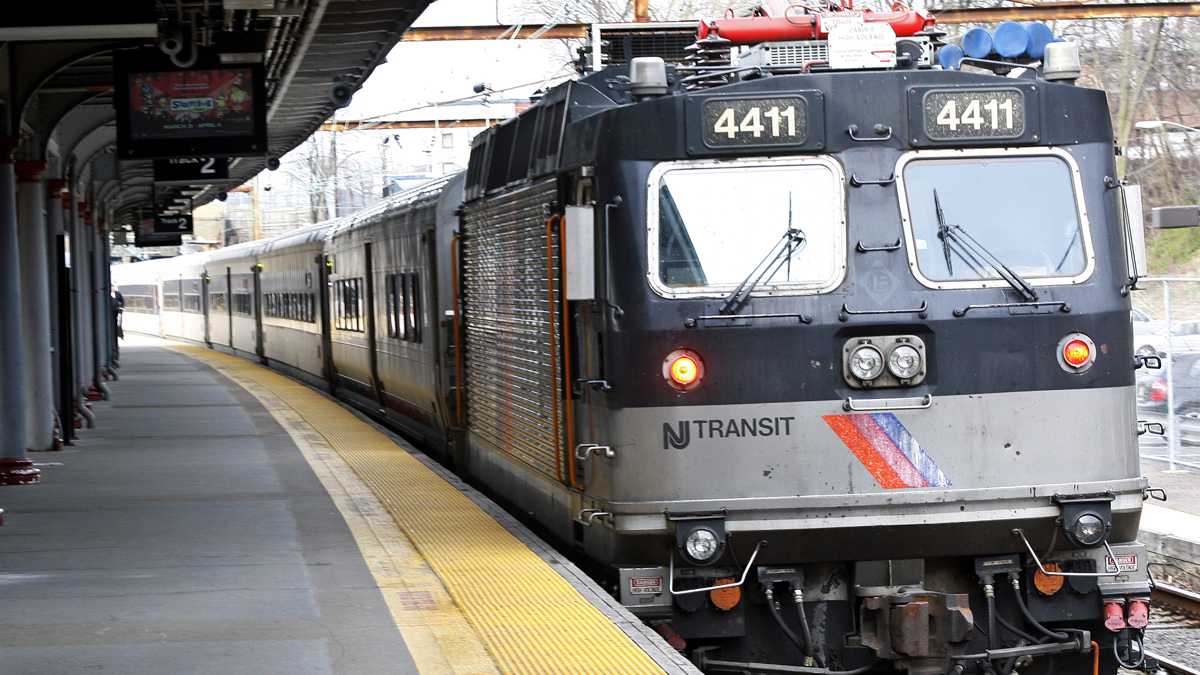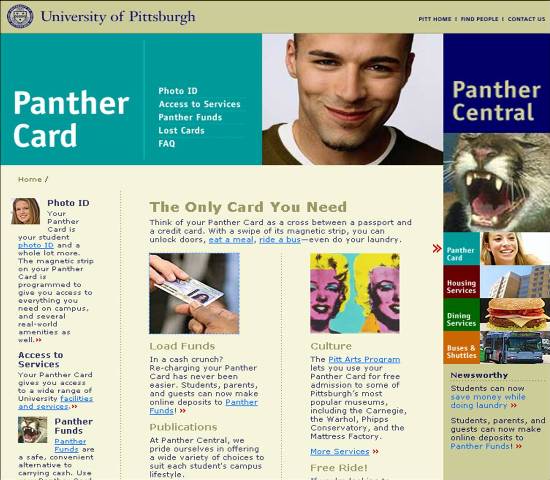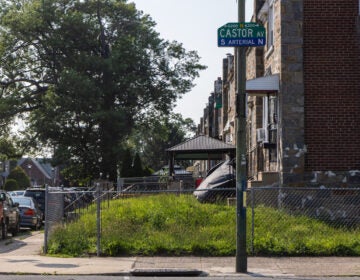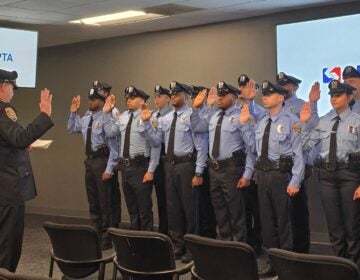In wake of NJ Transit fare hike, NJ lawmakers propose changes in process

Two legislators have proposed measures to help New Jersey Transit riders who will be hit with a 9 percent fare increase Friday. (AP file photo)
Proposed legislation is intended to help New Jersey Transit riders who will be hit with a 9 percent fare increase Friday.
State Sen. Ron Rice says one of the bills he and Assemblyman Carmelo Garcia, D-Hudson, are introducing would put a three-year moratorium on fare hikes for the disabled, senior citizens, and college students.
“The majority of the students can barely afford to even go to school with the cost of education,” said Rice, D-Essex. “When you start adding in transportation because you don’t own a car and things like that, there’s got to be some help at the beginning.”
Another measure would give tax credits to employers who provide transit passes to workers to encourage the use of public transportation.
And a third bill would require New Jersey Transit to hold four public hearings before any future fare increase is approved.
“Not only to give more people the opportunity to participate,” Rice said. “But also establish a substantial record of what these commissioners and others are saying in terms of where the money is going and what the people are saying in terms of what they expect.”
Garcia said the bills resonate with his colleagues in the Legislature.
“In listening to a lot of my constituents and surveying them and really attempting to address their hardship we figure we got to do something about this,” he said. “We realize it’s not fair what’s going on.”
WHYY is your source for fact-based, in-depth journalism and information. As a nonprofit organization, we rely on financial support from readers like you. Please give today.
How Pittsburgh keeps colleges on track

Sept. 22
By Anthony Campisi
For PlanPhilly
As tens of thousands of college students descended on Pittsburgh over the past few weeks to start classes, they had a big leg up for their plans to explore the city.
Armed with their college ID cards, which function as a transit pass, students at three Pittsburgh schools have unlimited access to all buses and light rail lines operated by the Port Authority, Allegheny County’s mass transit system.
Faculty and other employees at the three schools — the University of Pittsburgh, Carnegie Mellon and Chatham universities — also have access with their employee ID cards.
The idea, according to officials at the Port Authority and Pitt, the largest school to participate in the program, is to encourage transit usage, cut down on traffic and free up parking spaces.
“Parking spaces are at a premium in Oakland,” said Pitt spokesman John Fedele, referring to the neighborhood in which the school is located.
“Being an urban campus, we encourage our students to take advantage of the cultural amenities that the city has to offer,” Fedele added, explaining that the program (at Pitt it’s the Panther Card) encourages students to go downtown by giving them “an easy way to eliminate the transportation issue.”
The program isn’t actually free — the schools pay the Port Authority a lump sum, which is then passed on to students and employees. Students at Pitt get charged a “security, safety and transportation” fee, and the school pays for faculty and employee passes out of an “auxiliary operations” budget. But since they don’t have to pay to board buses and the city’s light rail system, it’s hoped that people affiliated with these colleges will be more likely to leave their cars at home.
Pitt is paying $5.1 million this fiscal year. Carnegie Mellon is paying $1.2 million and Chatham, which just rejoined the program after leaving it several years ago, is paying $140,000.
Though the program seems to be achieving its intended effect of supporting transit usage on campus — the Port Authority registered a total of 5.1 million trips taken by Pitt affiliates and 1.5 million trips taken by Carnegie Mellon users last year — the infrastructure to implement a similar scheme in Philadelphia doesn’t exist yet.
The University of Pennsylvania has been “pushing” a similar program, but “SEPTA is not prepared to do that yet,” according to Larry Bell, Penn’s director of business services.
“We were looking at some sort of deal where we just pay a flat fee,” Bell said.
SEPTA’s payment system isn’t sophisticated enough to break down usage by college students and employees, making it difficult to segregate college users from the general population and determine the amount the authority should charge the schools.
SEPTA has talked about implementing a system for colleges using technology for the new fare card system the agency is building.
Right now, the authority supports transit initiatives on campuses through the current fare system, providing schools with discounted transpasses and trailpasses and allowing them to make bulk purchases of tokens, according to SEPTA spokesman Andrew Busch.
Complicating matters is that “the needs of students at different colleges might be different,” Busch explained. Commuter schools have different transit needs than schools where most students live in dorms.
The smart card system, which will be able to read computer chips embedded in things like credit cards — or in this case, college ID cards — may provide a technical solution to the problem and enable SEPTA to track usage by college students and employees, Busch said.
Though he said that nothing has been decided yet — the smart card system still has to be built — Penn is planning on resubmitting its proposal after the new system is in place.
Meanwhile, freshmen at Pitt give their school’s agreement with the Port Authority the thumbs-up.
“With a free bus pass it makes it more convenient and easy to learn about the city that you’re in,” said Christopher Fanelli.
And Andrew Gretchko said that he has already used Port Authority buses for shopping and plans on taking the bus to Steelers games.
Despite the fact that his parents pay indirectly for the service, he said the agreement between Pitt and the Port Authority is “definitely worth it.”
Among Philadelphia students, though, the idea of being charged a subsidized rate each semester for the convenience of not having to pay at the farebox gave some students at Penn pause.
Jungeun Seo said that a program like that would be “more useful” for commuters and students who didn’t live on campus.
Her friend Jihye Choi also questioned whether students would end up saving money. Though it would be “really convenient,” she said that infrequent SEPTA users would end up paying more.
But Bethany Schwartz, a Drexel student who frequently uses SEPTA, said that “it would be a really good idea,” especially because Drexel’s campus is accessible by several main SEPTA routes.
Contact the reporter at campisi.anthony@gmail.com
WHYY is your source for fact-based, in-depth journalism and information. As a nonprofit organization, we rely on financial support from readers like you. Please give today.








